Tricking the Sweet Tooth
Understanding the chemical composition of tomatoes could help manufacturers decrease the sugar content of processed foods.

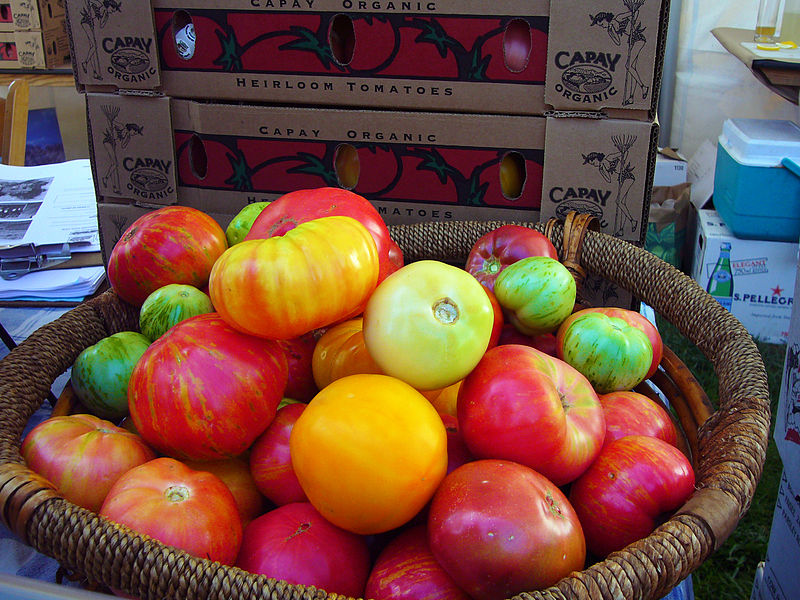
Understanding the chemical composition of tomatoes could help manufacturers decrease the sugar content of processed foods.

2013 AAAS ANNUAL MEETING, BOSTON, MA - Researchers are discussing how to treat psychological problems in chimpanzees, and why childbirth is such an ordeal in humans but not in apes. Also: scientific detectives have solved an art mystery. And researchers have unveiled ultrathin, wireless sensors that can monitor your brain activity.

MICROBIAL LIFE - How antibiotic-resistant bacteria spread, tracing HIV back millions of years, and how life thrives among the storm clouds. Also, a listener's question about the common cold.


Smartphones with a small device attached can be used to test for food allergies.


ARE YOU WREN ENOUGH? Why fairy wrens require their babies to show ID, how coral reefs ask for help, and how one microscopic animal patches itself up with borrowed genes. Also: Host Bob Hirshon went down to NASA Headquarters to report on the discovery of water on the planet Mercury.
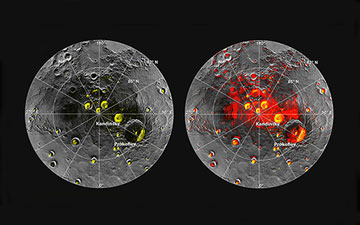
Researchers think they’re found the cause of hypersomnia, a condition which causes people to feel constantly sedated.
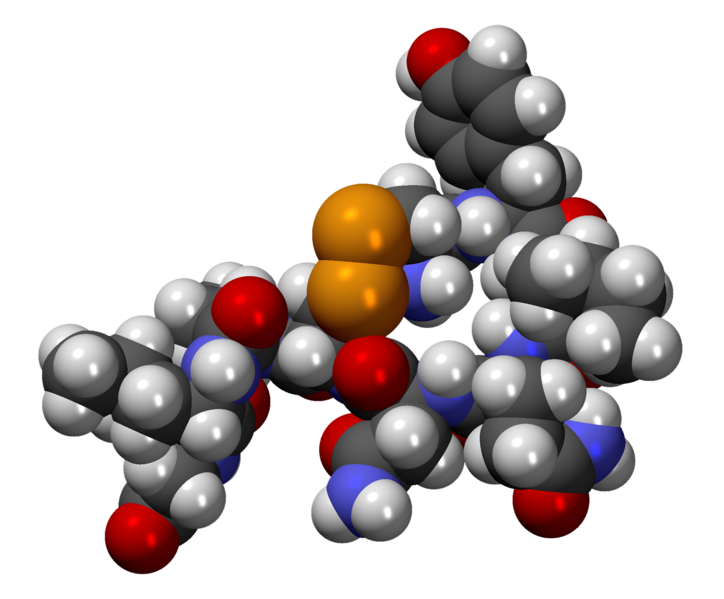
The hormone oxytocin has many functions in the human body. Scientists now think it may also help deter cheating.
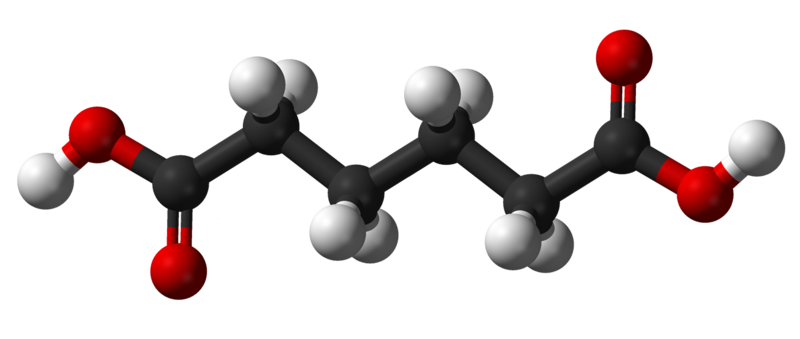
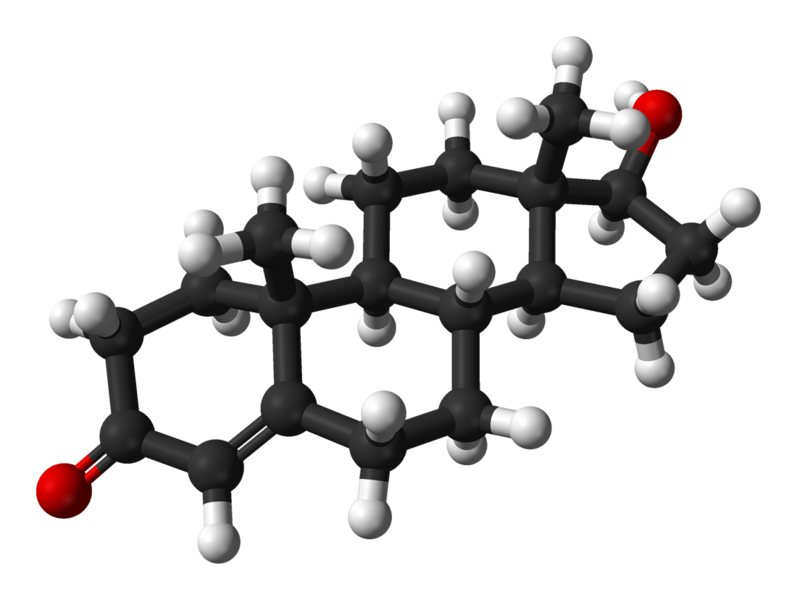
Over several centuries in Imperial Korea, eunuchs far outlived their non-castrated counterparts.

WEIRD SCIENCE: Listen to an archival podcast that delves into the weird and wacky side of science: Behind the legend of the chupacabra, does cracking your knuckles cause arthritis? A physiological explanation for near-death experiences, and animals that live without oxygen.

MEDICAL BREAKTHROUGHS - A new drug that could block heroin addiction, how mice could speed up AIDS research, and why we're more prone to cancer than our closest living relatives. Also: the two brain chemicals behind sleep paralysis.
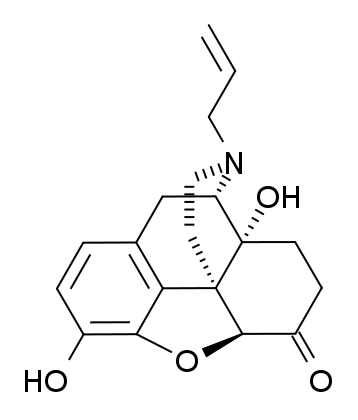
A drug called (+)-naloxone blocks the brain’s addiction to heroin and other opiates.
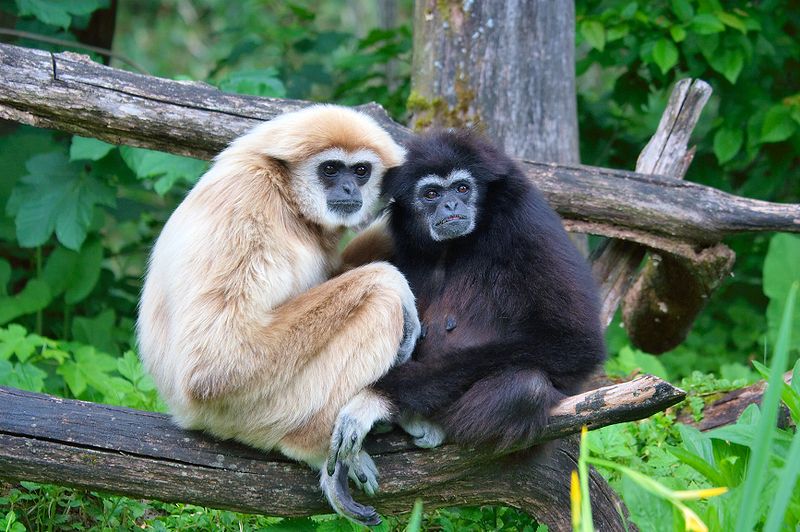
An experiment with helium shows that gibbons can manipulate their vocal tracts like expert opera singers.

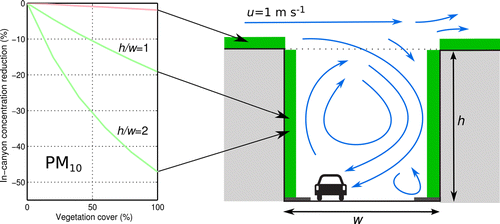
Strategically placed grass, ivy, and other greenery can significantly improve air quality in urban centers.

An analysis of meteorites suggests that the Martian interior contains much more water than previously suspected.

HISTORY MEETS SCIENCE - Dairy detectives discover ancient milk, the historical practice of bloodletting gets a second look, and revisiting failed ideas for saving lives. Also: What migraine headaches and the Mutiny on the Bounty have in common.

When people stop breathing, they need oxygen fast. New technology could make it possible to get it to them - by bypassing the lungs.
